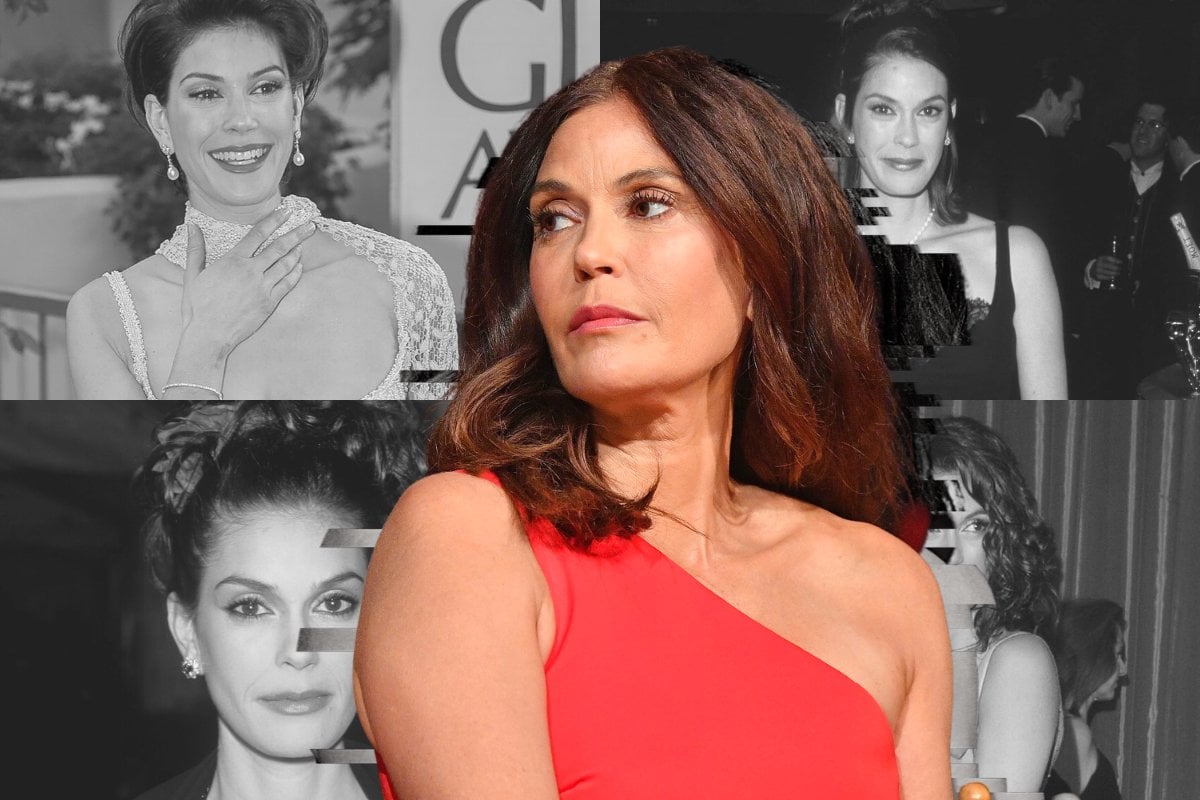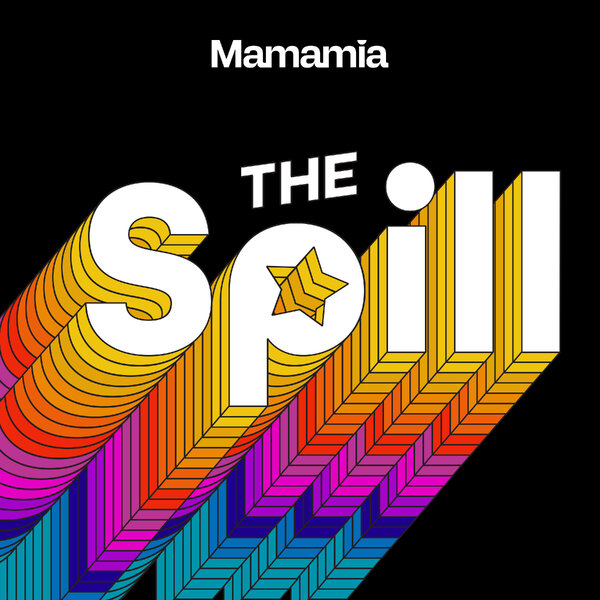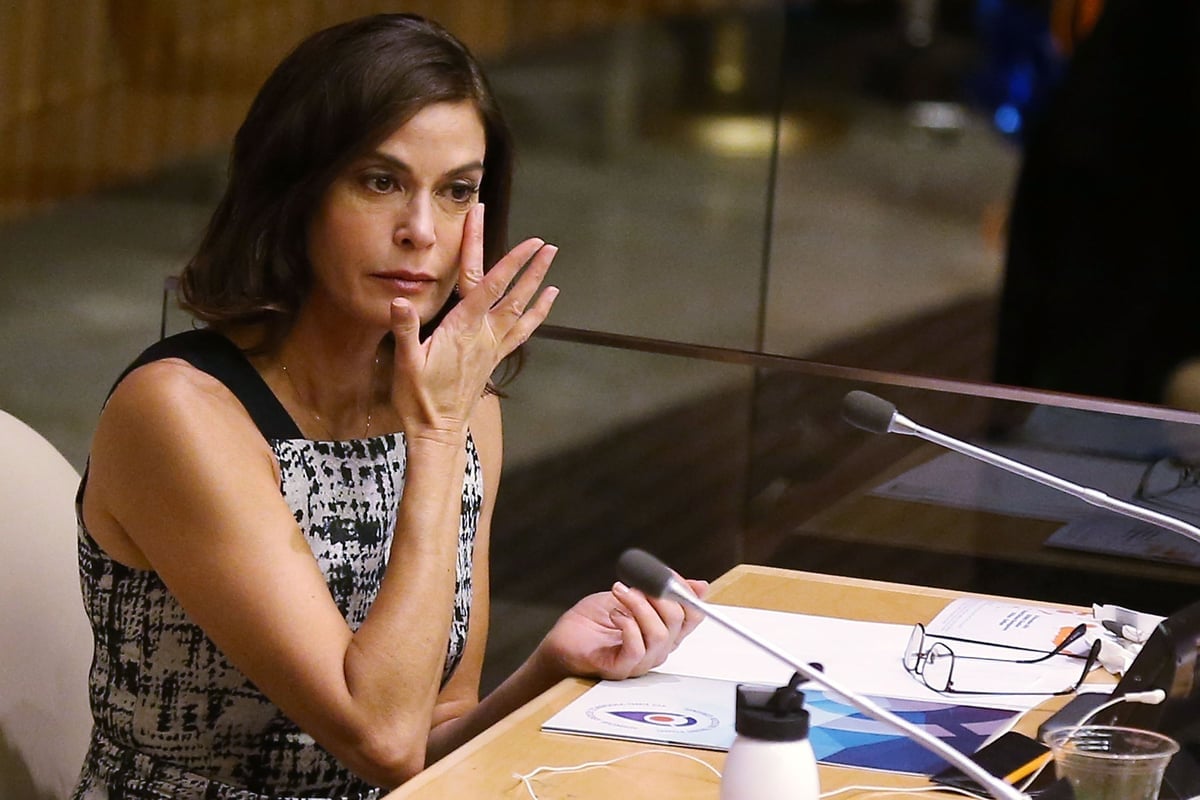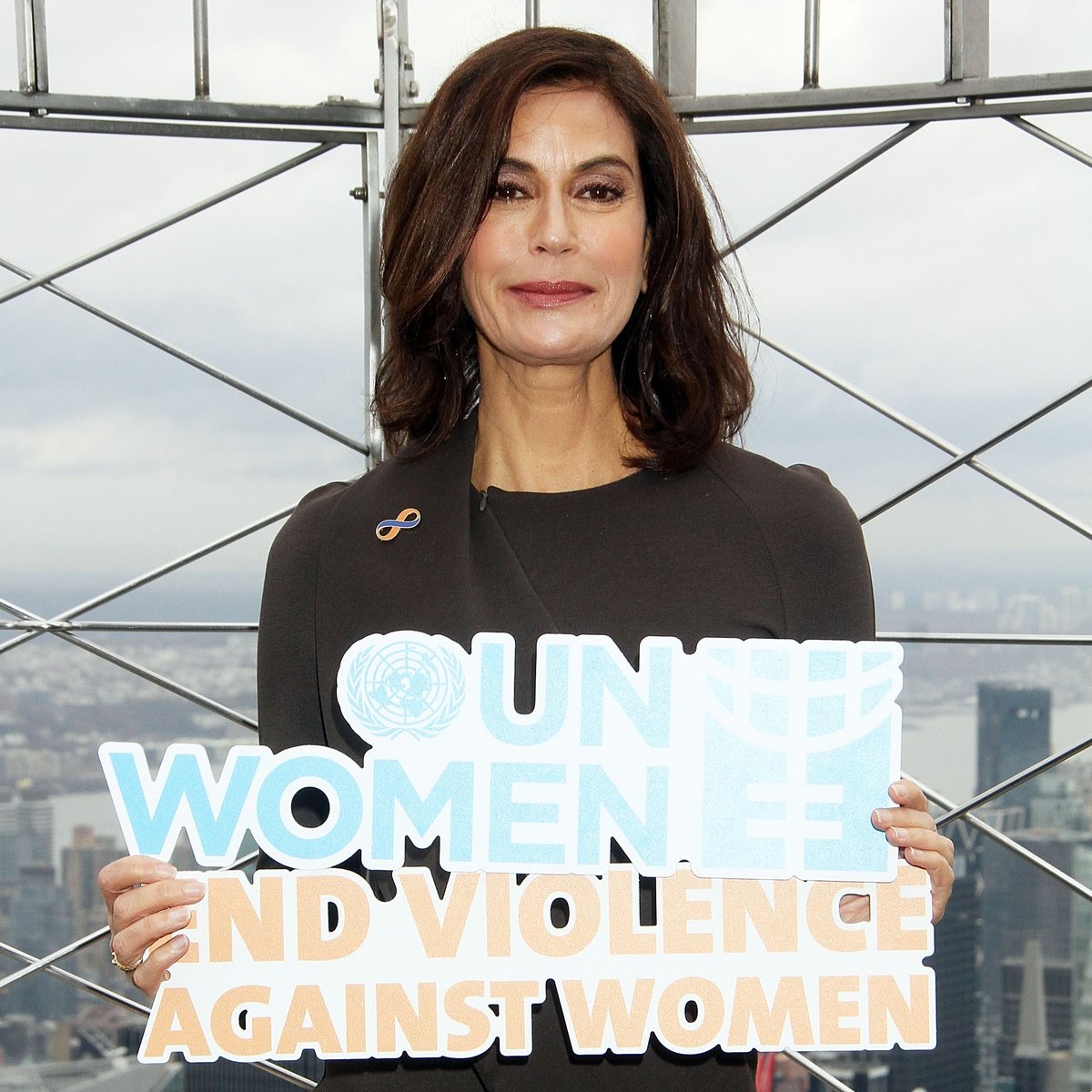
This post deals with suicide and child sexual abuse and might be triggering for some readers.
Teri Hatcher was on a trip home to visit her parents in 2002 when she heard about Sarah Van Cleemput.
The young teen, 14, had died by suicide, leaving behind a note reading: "You're probably thinking a normal teenager doesn't do this; well, ask Dick. Please forgive me."
Dick referred to Richard Hayes Stone, a former family friend of the Van Cleemputs and Hatcher's former uncle. He had been arrested on three counts of sexual molestation.
Watch: Grace Tame on the power of abuse survivors' stories. Post continues below video.
After reading about the case in newspaper clippings, Hatcher contacted prosecutors.
Stone had abused her too over a number of years when she was a child.
"I just couldn't believe it," Hatcher told Vanity Fair. "I kind of freaked out. It struck me so strongly that – oh my god, he's been doing this for 35 years.
"Who else has he done this to? It just hadn't occurred to me. For all I knew, he could have been dead. I was just blown over by this girl's pain. I thought, Boy, that's really close to being me; any day of the week, I could feel that sort of pain.



